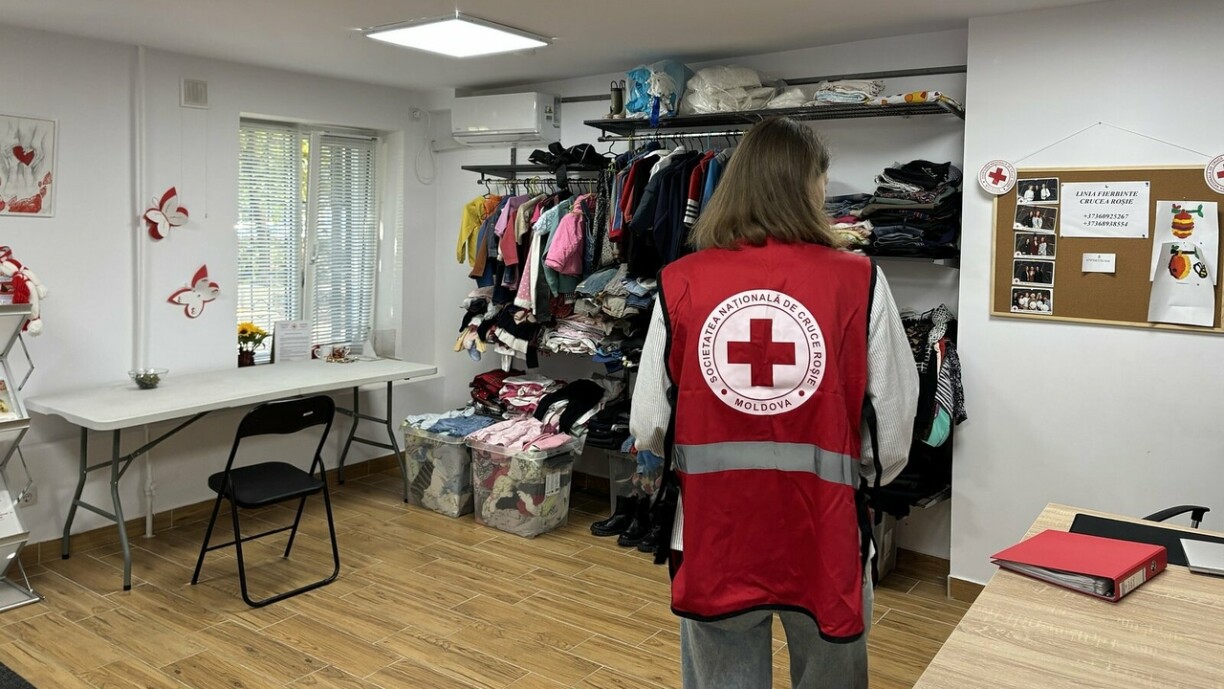
Russia’s full-scale invasion of Ukraine in February 2022 has destabilised not only Ukraine itself but also neighbouring countries, with Moldova bearing significant consequences ranging from security concerns to soaring inflation. According to the UN Refugee Agency (UNHCR), around four million Ukrainians remain displaced inside their country, while approximately seven million have fled abroad over the past three and a half years.
At the Ukrainian-Moldovan border alone, more than 1.8 million people have been registered since the start of the war. Currently, some 127,000 Ukrainian refugees are living in Moldova, of whom the UNHCR estimates that 80% are in a vulnerable situation.
Svetlana, who fled Dnipropetrovsk with her two children while her husband stayed behind in a region under daily Russian attack, explained at the Moldovan Red Cross centre in Chisinau that life was extremely difficult without her partner. She said she needed to remain calm for her children and be ready to react to any situation.
During the support sessions, she added, she could briefly set aside her fears and the stress of the war, which gave her much-needed relief.
Most refugees in Moldova are women with children or elderly people. Many live without any income, relying on local host families, what little savings they may have left, and increasingly on humanitarian aid. Some struggle to afford basic necessities such as medicine or clothing.
The Moldovan Red Cross provides both material support and psychosocial care to people affected by displacement. Daniela Gamureac from the organisation explained that their “social shop” distributes donated clothes from individuals and shops, and that they even run a small laundry service for people without washing machines.
The centre’s facilities are brand new. At the start of the war, the Chisinau branch was overwhelmed, but thanks to financial backing from the Swiss and Luxembourg Red Cross, as well as Luxembourg’s Development Cooperation, the building dating from Soviet times was renovated. With schools reopening soon, the centre will also host after-school activities.
Gamureac stressed how important this will be: every afternoon, vulnerable Moldovan children and refugee children will come together to do their homework or join activities. As many Ukrainian children continue to follow classes online from their home country, such encounters help them integrate and make local friends, she said.
To avoid tensions, the Red Cross deliberately makes no distinction between the local population and refugees. Anyone in need can receive help, be it financial assistance, food and clothing, or psychosocial support. With refugee numbers showing no sign of decreasing, the Moldovan Red Cross teams say they will need stamina for a very long road ahead.